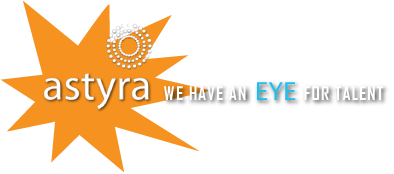Although in person and virtual interviews seem worlds apart, they’re not all that different when you get down to the basics. Sure, there isn’t a chance to show off your firm handshake but there are ways to prove you’re a great candidate.
Prior to the interview, research the company, the position and the industry. You’ll want to be able to speak to more than just your resume to show that you have a genuine interest in the job. You should also look up common interview questions and ensure you have a well thought out answer to each of them.
As with any interview, you want to show up early and dress the part. Virtually, this means to ensure that you have properly tested your equipment and that you’re in the virtual waiting room at least five minutes prior to the interview time wearing a polished outfit with a background that isn’t distracting.
During the interview, the most important aspect is to be yourself and be inquisitive. Remember, a job interview is also your interview of the company! You don’t want to accept a job that isn’t a good fit for you as well.
At the end of the interview, it is important to thank your interviewer for their time. About two or three days later you should send a thank you email or virtual thank you card with a short reminder about a great conversation you both had during the interview.
For more tips, check out a previous post on acing your next virtual interview!
Share this post:






What’s on your mind?